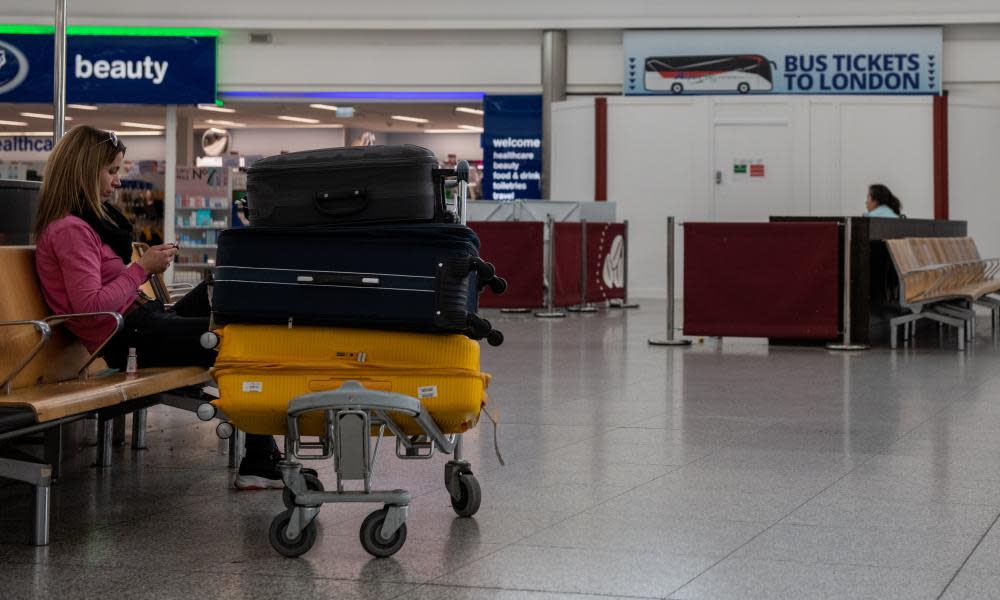UK 'air bridge' plans labelled a fiasco by unions

The UK government’s plans to unveil a list of foreign destinations that Britons can travel to has been branded a “fiasco” by union chiefs after a week of delays and a series of leaks in which a verified list of countries has still not been published.
The government said last Friday it would shortly reveal a list of countries people could travel to without having to self-isolate for 14 days. This is seen as critical for kick-starting the tourism industry and safeguarding jobs amid the coronavirus pandemic.
However with just days to go until 6 July, the date when new rules on “air bridges” to holiday destinations were expected to be introduced, the government has not yet announced which countries will be on their list.
“The government’s quarantine rules have been a fiasco from the outset,” said Manuel Cortes, the general secretary of the Transport Salaried Staffs’ Association.
“The fact is we did not stop people coming into our country when our infection rates were very high. Then, in early June, Priti Patel introduced a blanket quarantine period for all arrivals when many countries had, by this point, done a far better job than our government at controlling the spread of the virus.
“We have now been told for almost a week that a change of policy is on its way, without knowing the details. Frankly, this is courting disaster – many of our members’ jobs are under threat because their employers don’t know what holidays they are allowed to sell.”
There were briefings earlier this week that a list of core Mediterranean countries would be released, including Spain, France and Greece, on Wednesday or Thursday. The reciprocal air-bridge arrangement would mean passengers travelling between the UK and those countries would not need to self-isolate, enabling holidays to start immediately.
Government sources then revealed that plan had been abandoned; instead, the Foreign Office is expected to lift its ban on non-essential travel to up to 95 countries, including nearly all EU countries, British overseas territories, such as Bermuda and Gibraltar, and Australia and New Zealand. Turkey, a popular holiday destination for Britons, is also expected to be included in the list.
On Wednesday night, the health secretary, Matt Hancock, was dispatched to try to smooth over the proposal with Scotland, which had expressed reservations, but just hours later the transport secretary, Grant Shapps, blamed Scotland’s first minister, Nicola Strugeon, for holding up progress.
In transport questions in the Commons on Thursday, Shapps said the devolved administrations needed to “get onboard” so the policy could be announced.
Sturgeon insisted Scotland had not been adequately consulted and that the UK’s position had changed three times in the previous 24 hours. She said the idea Scotland was responsible for delays was “completely unfounded”.
Shapps told Scottish National party MPs in Westminster that they needed to lean on Sturgeon to get her to change her mind.
Responding to a question from the SNP’s transport spokesman, Gavin Newlands, he said: “I’m very keen to get the devolved administrations, including Scotland’s government, onboard so we can get this thing announced.”
All of the countries due to be included on the travel list are likely to be on the government’s green list of low-risk nations for coronavirus, or from its amber list, which is medium risk.
The difficulty travellers may now face is the individual circumstances of countries they want to visit, such as those that have suspended flights from the UK, or closed their borders entirely.


